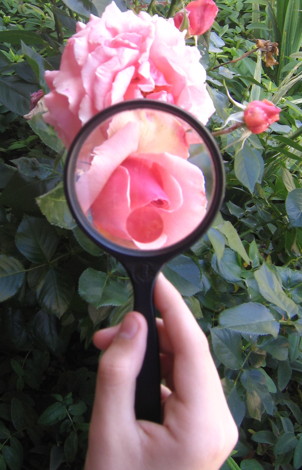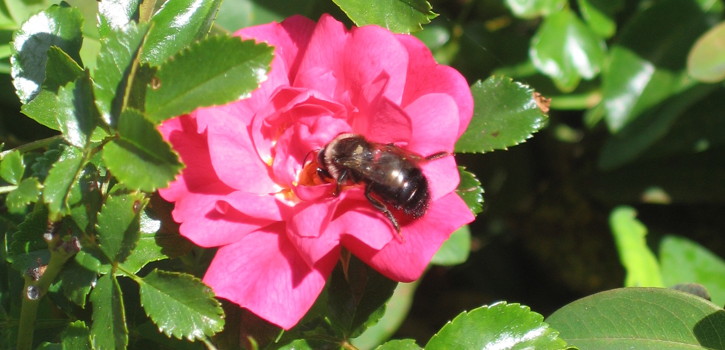Science is not a collection of dead knowledge inscribed in a dusty textbook. It is not as much about memorized facts (though having a solid foundation of knowledge does help) so much as it as a way of thinking.
If you were to look at how “expert” scientists are trained—the procedure of earning a doctorate degree—you would find that classwork makes up a very small part of the process. Most of the education is done in the lab, where students learn to create an observationally-based understanding of how a particular system works. They learn to solve problems and think critically about what they—and other scientists—have done.
In other words, learning to be a “real” scientist involves much more than heaps of memorization; it involves the mastery of skills. And the amazing thing is that these skills aren‘t just good in the laboratory: they‘re also incredibly helpful in everyday life.
Big news! I finally have some free time available to work on my outreach projects. Watch the "Becoming a Scientist" and "Visual Chemistry" videos now available on Youtube!
FAQs
 Your book only covers grades K-8. Will you ever talk about how to homeschool science in high school?
Your book only covers grades K-8. Will you ever talk about how to homeschool science in high school?
Yes, though writing has been going incredibly slowly the last few years—I've had to write a dissertation, several scientific articles, and a heap of job applications (among other things). I am settling into my permanent academic home and have a few more years of teaching new classes, so I may not get substantial writing time on my magnum opus until 2020 at the earliest! This is not an extension of my old book (which will be retired once I finish the current project) but a complete rehash. My old ideas are still valid, but the processes of undergoing a "scientific apprenticeship" (completing a Ph.D.) and training researchers in my own lab have given me a lot more ideas, and I think you'll be pleased with the final outcome. In the meantime, please check out my "Becoming a Scientist" videos on Youtube.
I am
 My child wants to learn chemistry. Do you have any resources I can use?
My child wants to learn chemistry. Do you have any resources I can use?
Many, but what I recommend depends on the age of your child.
My experience is that most kids can start learning chemistry ideas long before most people think they are ready, and another long-running project of mine involves developing lessons in chemistry for early-elementary aged children. (Besides being incredibly busy, another of the reasons I have trouble finishing any projects is that I usually have a couple dozen works-in-progress at any given time.) Other projects I am working on include a self-study multimedia chemistry course for high schoolers and self-study lessons that teach science skills.
Keep in mind that I work full-time, so "free time" is limited at best. But I am committed to getting good, quality science education materials out; these will be cheaper (ebook format in addition to print format) and/or more easily accessible (like the chemistry step-by-step problem-solving videos that I'm developing for my college students, which will eventually also cover the basics and therefore be useful to homeschoolers as well.)

 Not Everyone Is A Scientist (But I Want That To Change)
Not Everyone Is A Scientist (But I Want That To Change)